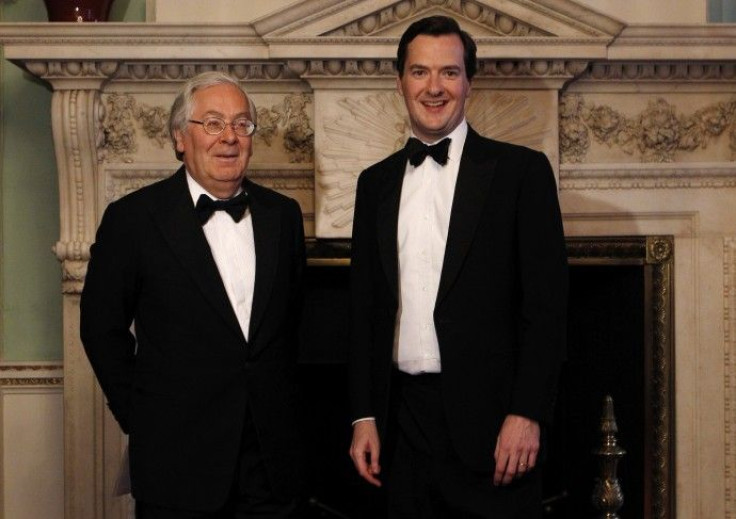CBI downgrades UK GDP forecast for Q1 2011

The CBI, the British business organization, reduced its forecast for UK economic growth in the first quarter of 2011 to 0.2 percent from 0.3 percent; although it noted that the recovery is expected to be “maintained.”
The group attributed the anticipated first quarter slowdown principally to job losses in the public sector, higher-than-expected inflation (reflecting higher energy and commodity prices), and a reduction in consumer spending as a result of the scheduled increase in the value-added-tax (VAT) in January.
In addition, the CBI also expects the Bank of England (BoE) to commence hiking interest rates “gently” starting next spring from the 0.5 percent currently until mid-2012, followed by a “slightly faster” monetary stimulus withdrawal over the second half of 2012, taking the bank rate up to 2.75 percent by the fourth quarter of 2012.
The group expects consumer price index to significantly exceed the BoE's 2 percent target in 2011, before returning to about 2% in 2012. In November 2010, UK inflation came in at 3.3 percent.
CBI expects that British unemployment will edge higher over the course of 2011, peaking near 2.6 million by the end of the year. Thereafter the recovery in the labor market is expected to slow down during 2012, with the jobless figure remaining above 2.5 million until the fourth quarter.
The UK economy to grow by 0.4 percent in the second quarter of 2011, and a 0.5 percent advance in each of the final two quarters, on target for 2.0 percent expansion for the full year, CBI forecast.
Quarterly growth at the start of 2011 is likely to be very sluggish, although we do expect the recovery itself to stay on track,” said CBI chief economic adviser Ian McCafferty.
The CBI also estimated that 2012 GDP growth will amount to 2.4 percent, which is slower than what would normally be expected during the third year of an alleged recovery.
What is striking is how little we see growth accelerating in 2012. Typically, by the third year of a recovery, growth would be more robust than we expect for either 2011 or 2012, McCafferty added.
Despite many risks to its outlook, CBI believes the risk of a double-dip recession remains quite low.
McCafferty summarized that “the pace of recovery in the UK economy has been slightly stronger over the past year than we and many others had expected, and somewhat faster than typical during the first year out of a recession. But we do not expect that rapid pace of growth to continue over the next two years of recovery.”
In addition, he added, “the big early kicker to growth from the turn in the inventory cycle has already passed and we are now starting to feel the impact of lower government spending.”
Moreover, growth prospects for consumer spending “look pretty subdued over the next couple of years,” he indicated.
“Real take-home pay will be hit further next year, unemployment is not expected to fall very quickly in 2012, and households will most likely face higher mortgage interest rates.”
© Copyright IBTimes 2024. All rights reserved.











